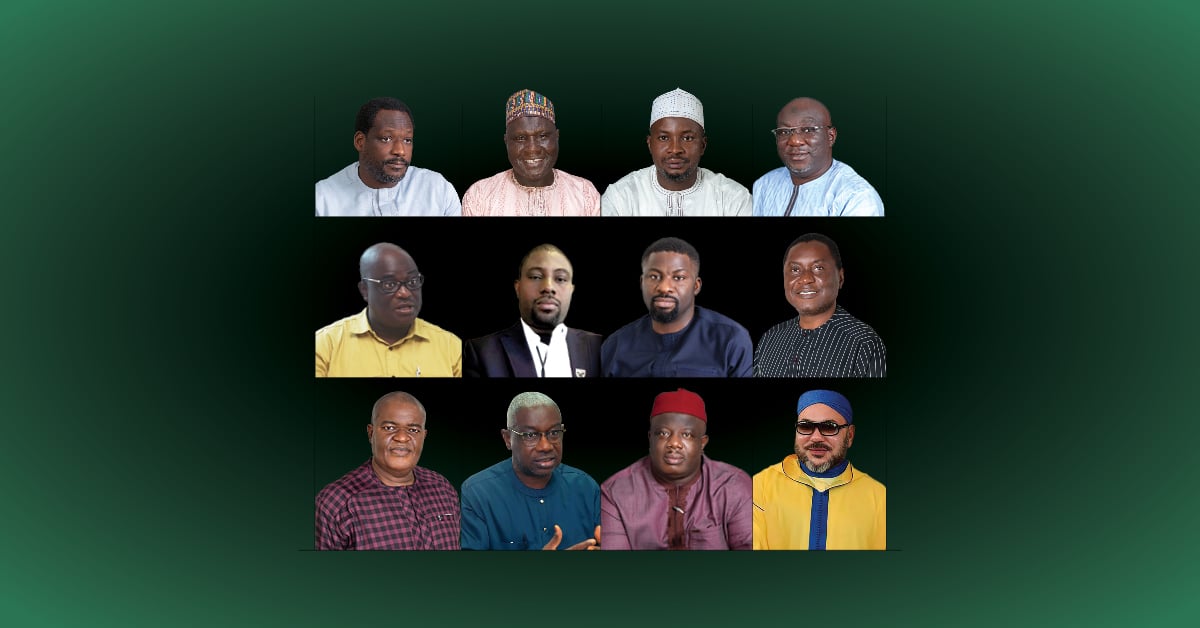Changing policies have re-directed Nigeria towards production of fertilizer and a renewed commitment to farming.
Nigeria has left the past behind. The country was becoming dependent on imports for its food production needs; farms were abandoned, and fertilizer production, a critical agricultural input, dropped to lamentable lows. Briefcase-wielding businessmen had a field day importing fertilizer. Farming suffered and unemployment spiked.
At this point, importation of fertilizer into Nigeria was easy. There was no control. Anyone with access to finance could bring in shiploads of fertilizer. Aside from the huge costs to the government and people of Nigeria, there was also the major problem of quality assurance. Farmers were groaning.
In 2017, through the twin policies of the Presidential Fertilizer Initiative (PFI), and the Anchor Borrowers Programme, farming received substantial attention. The importation of fertilizer was quashed. Local capacity was boosted; Nigeria now has over 40 fertilizer blending plants, and growing. There was less than 10 in 2016. Farming is becoming an attractive venture once again. It took President Muhammadu Buhari’s mechanisms of banning rice importation, the introduction of the Anchor Borrowers Programme and PFI make this happen.
The unfolding revolution in the Nigerian agricultural sector is incomplete without the Fertilizer Producers and Suppliers Association of Nigeria (FEPSAN) and its president, Thomas Etuh, who pulled the association together and ensured that members attracted other investors to resuscitate the industry. Through these efforts, the PFI has been able to reduce food price inflation in the market, cut the overall cost of food production, and create considerable direct and indirect employment opportunities.
